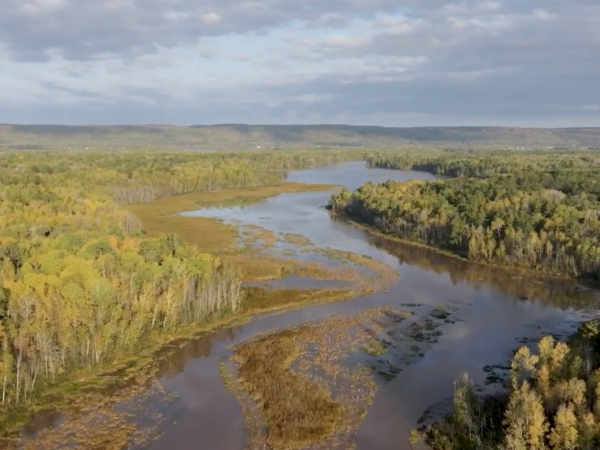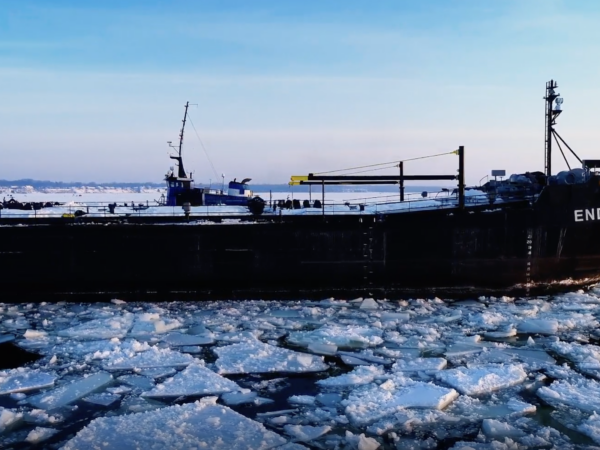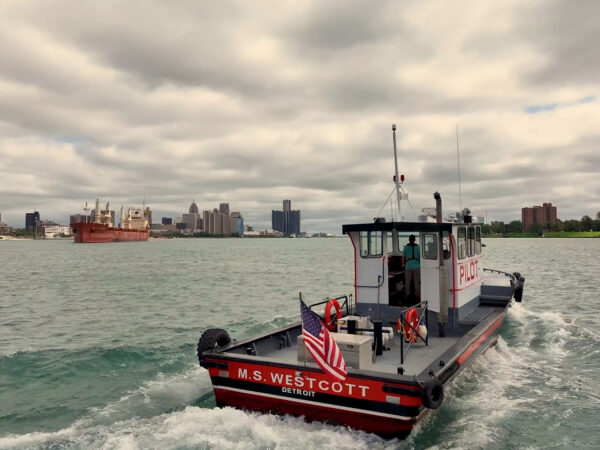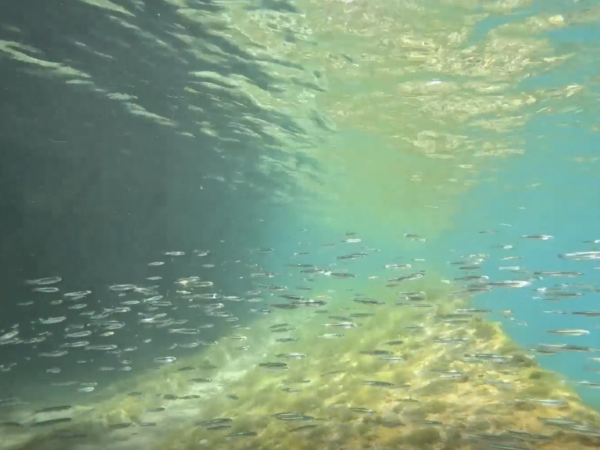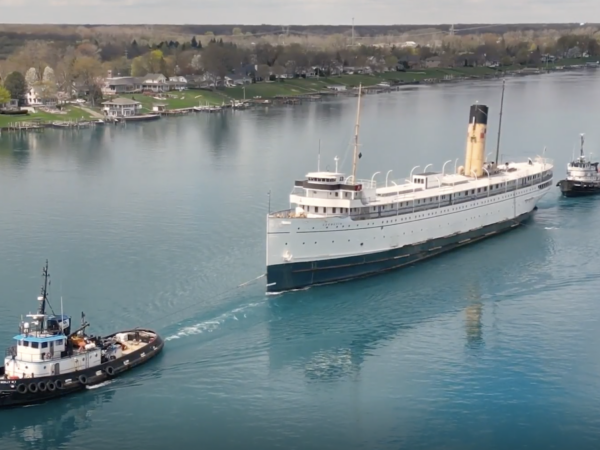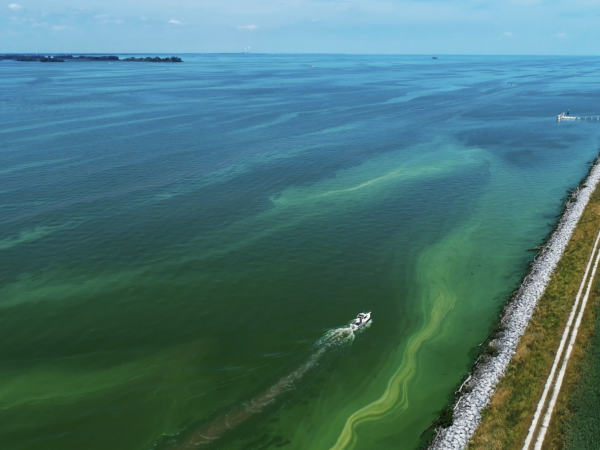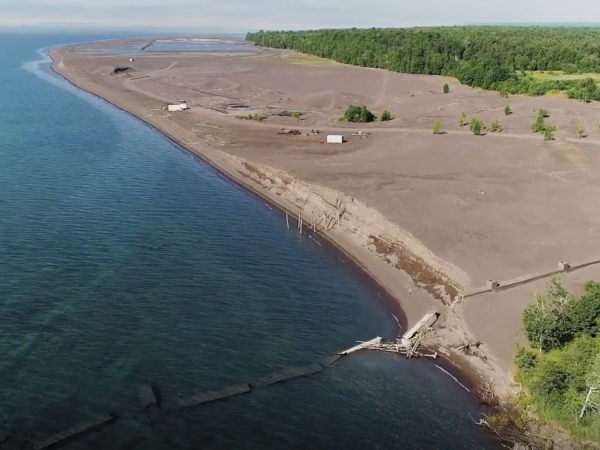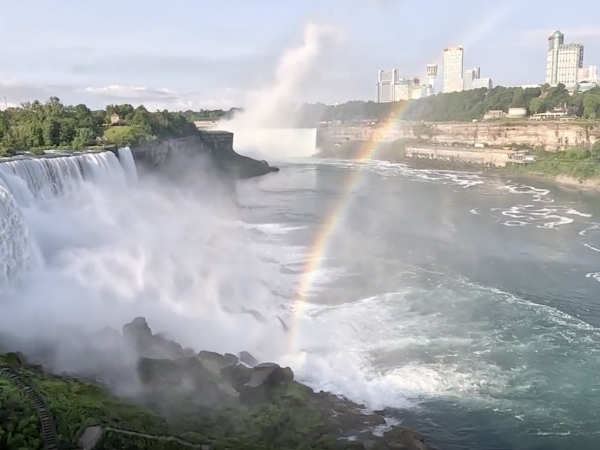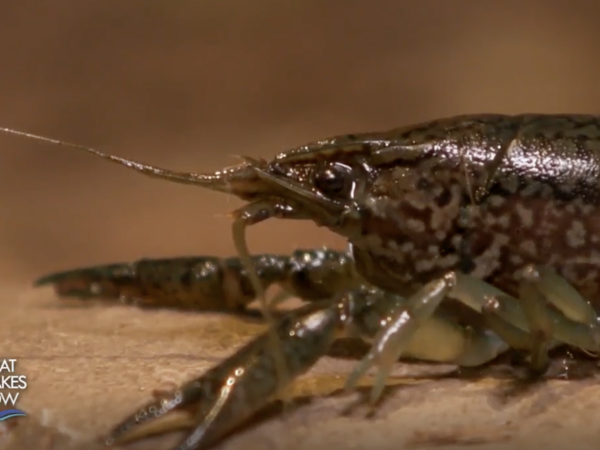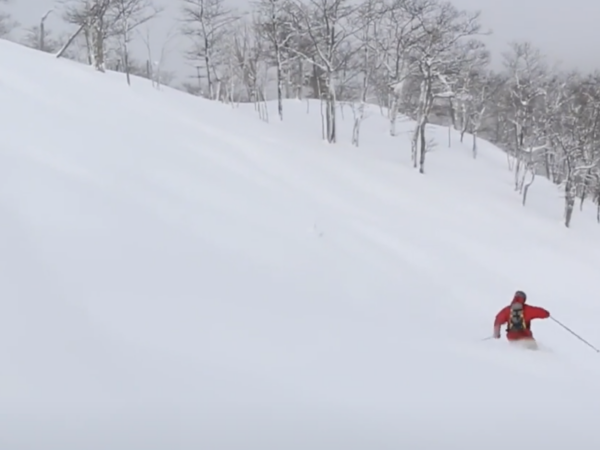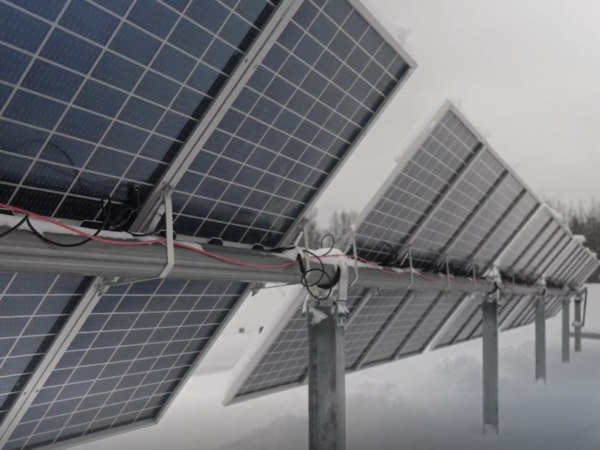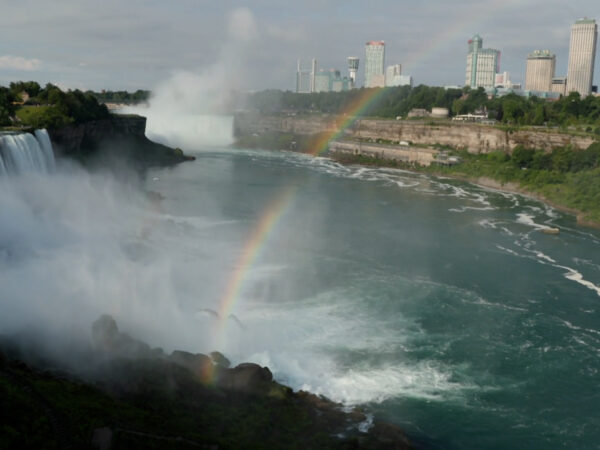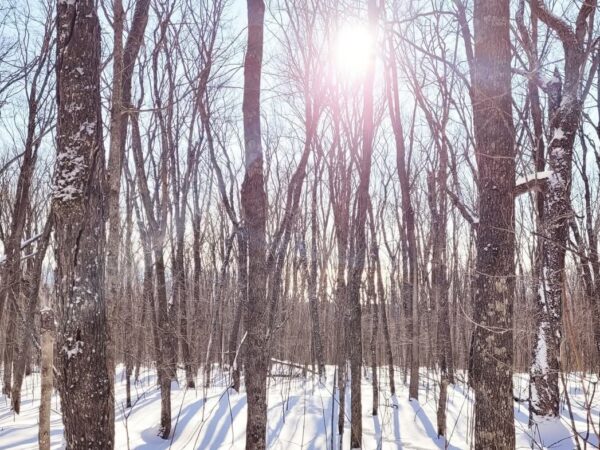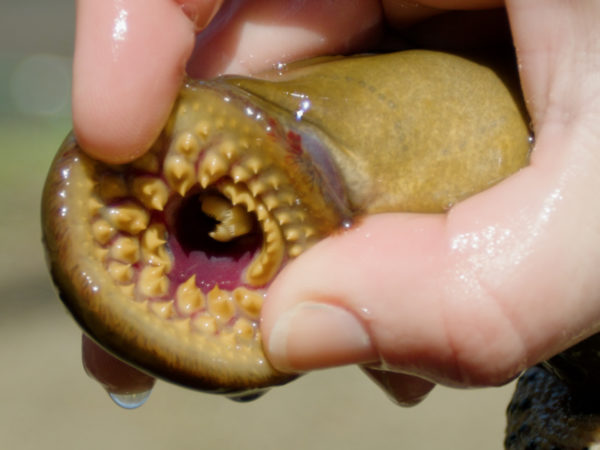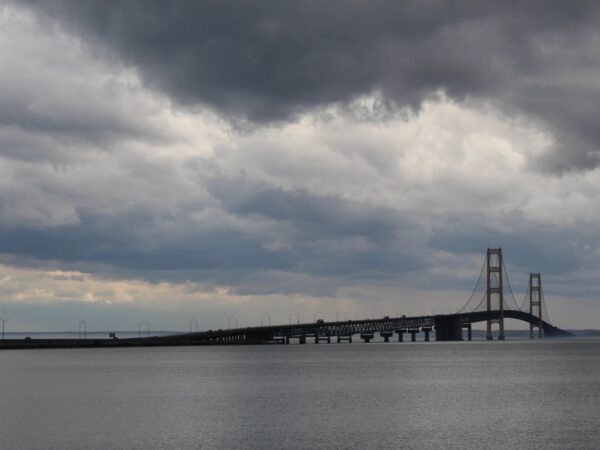IN THIS EPISODE:
In this episode of Great Lakes Now, building mountain bike trails on the shores of Lake Superior, investigating how a Supreme Court ruling threatens wetlands, and The Catch offers even more news from around the lakes.
GREAT LAKES LEARNING:
Explore this month’s hands-on lesson plans designed to help your middle schoolers understand the Great Lakes — all at home or in the classroom. They’re aligned to education standards AND free to download.
Lesson Plans
Have a question about the Great Lakes or life in the region?
Ask Great Lakes Now, and if we can answer it, we might loop it into our coverage so others can learn too.
Submit Your Question
When to Watch?
Check your local station for when Great Lakes Now is on in your area.
Great Lakes Now
Premieres on DPTV
Monday, September 25, at 7:30 PM
STATIONS CARRYING THE SERIES
DPTV
Detroit, Michigan
WEAO
Akron, Ohio
WNEO-TV
Alliance, Ohio
WCML-TV
Alpena, Michigan
WDCP-TV
Bad Axe, Michigan
BCTV
Bay County, Michigan
WBGU-TV
Bowling Green, Ohio
WNED-TV
Buffalo, New York
WCMV-TV
Cadillac, Michigan
WTTW-TV
Chicago, Illinois
WVIZ-TV
Cleveland, Ohio
WKAR-TV
East Lansing, Michigan
WQLN-TV
Erie, Pennsylvania
WCMZ-TV
Flint, Michigan
WGVU-TV
Grand Rapids, Michigan
WPNE-TV
Green Bay, Wisconsin
WGVK-TV
Kalamazoo, Michigan
WHLA-TV
La Crosse, Wisconsin
WHA-TV
Madison, Wisconsin
WNMU-TV
Marquette, Michigan
WHWC-TV
Menomonie-Eau Claire, Wisconsin
WMVS-TV
Milwaukee, Wisconsin
WCMU-TV
Mt. Pleasant, Michigan
WLEF-TV
Park Falls, Wisconsin
WNIT-TV
South Bend, Indiana
WCNY-TV
Syracuse, New York
WGTE-TV
Toledo, Ohio
WDCQ-TV
University Center, Michigan
WNPI-TV
Watertown, New York for Ontario signal
WPBS-TV
Watertown, New York for U.S. signal
WHRM-TV
Wausau, Wisconsin
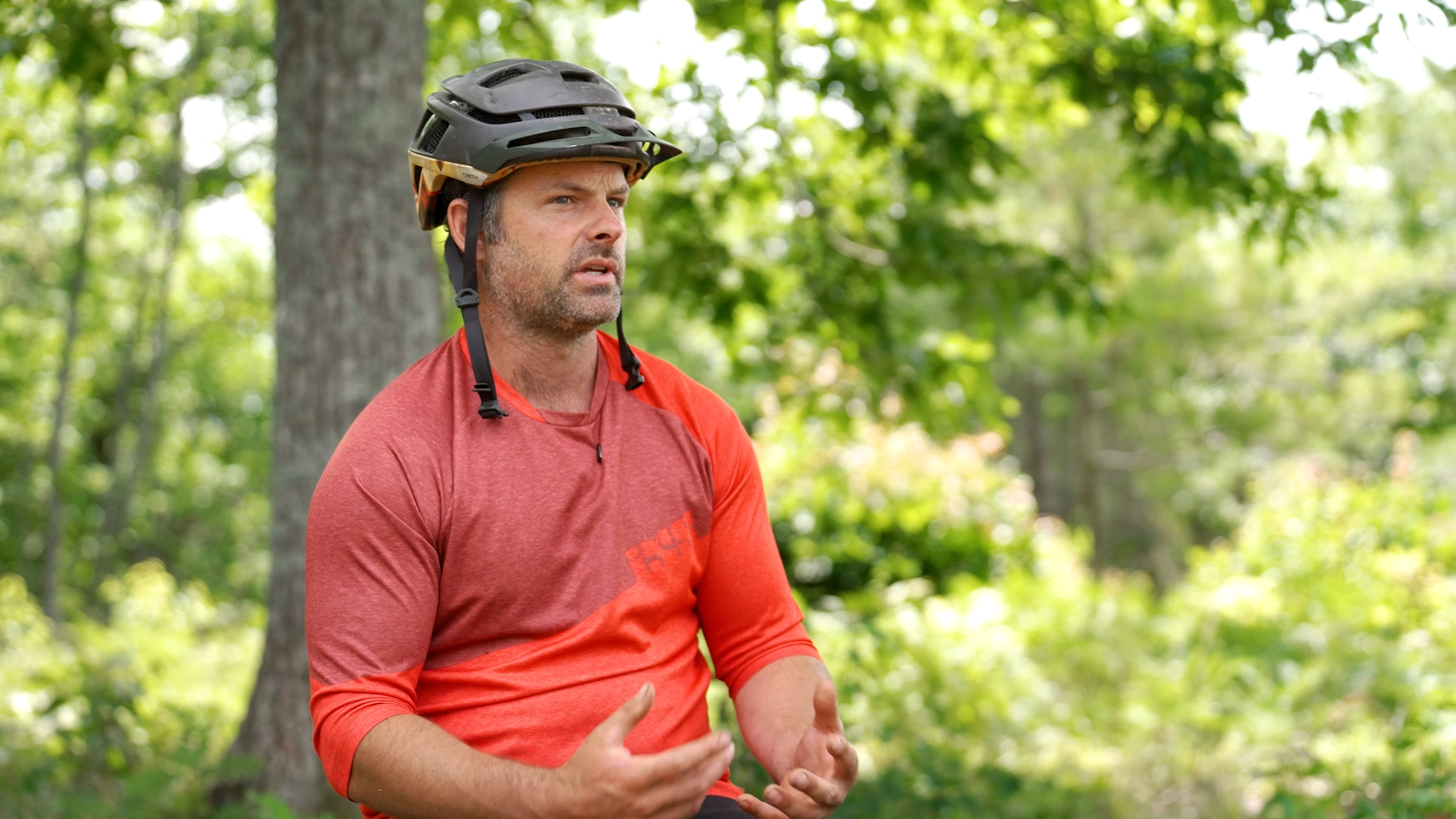
Rock Solid Trail Contracting founder and president Aaron Rogers.
Building the Ultimate Mountain Bike Trail
SEGMENT 1 | Copper Harbor, MI
Mountain biking is a growing part of the tourism and recreation industry in the Great Lakes region. In Copper Harbor, Michigan – located at the northern tip of the Keweenaw Peninsula in the U.P. – experienced riders from all over the country flock to experience the thrills of their world class trails.
Join Great Lakes Now contributor Ian Solomon as he meets up with Aaron Rogers, founder of Rock Solid Trail Contracting, the largest builder of mountain bike trails in the world. Together they explore East Bluff Bike Park, an exhilarating outdoor wonderland for mountain biking enthusiasts.
Rogers and his lead trail designer give Solomon and Great Lakes Now a peek into their creative process, sharing insights on how they pick the perfect tract of land for their trails, their recipe for designing a memorable ride, and their focus on constructing trails that appeal to both experienced and newbie riders.
We also explore Rock Solid’s commitment to land conservation and how that thoughtfully impacts their design, development and construction process.
Here is other Great Lakes Now work on trails:
Great Lakes Trails: Relief funds spark new investments into outdoor recreation
Great Lakes Moment: New trail connects people with secluded Detroit River wetlands
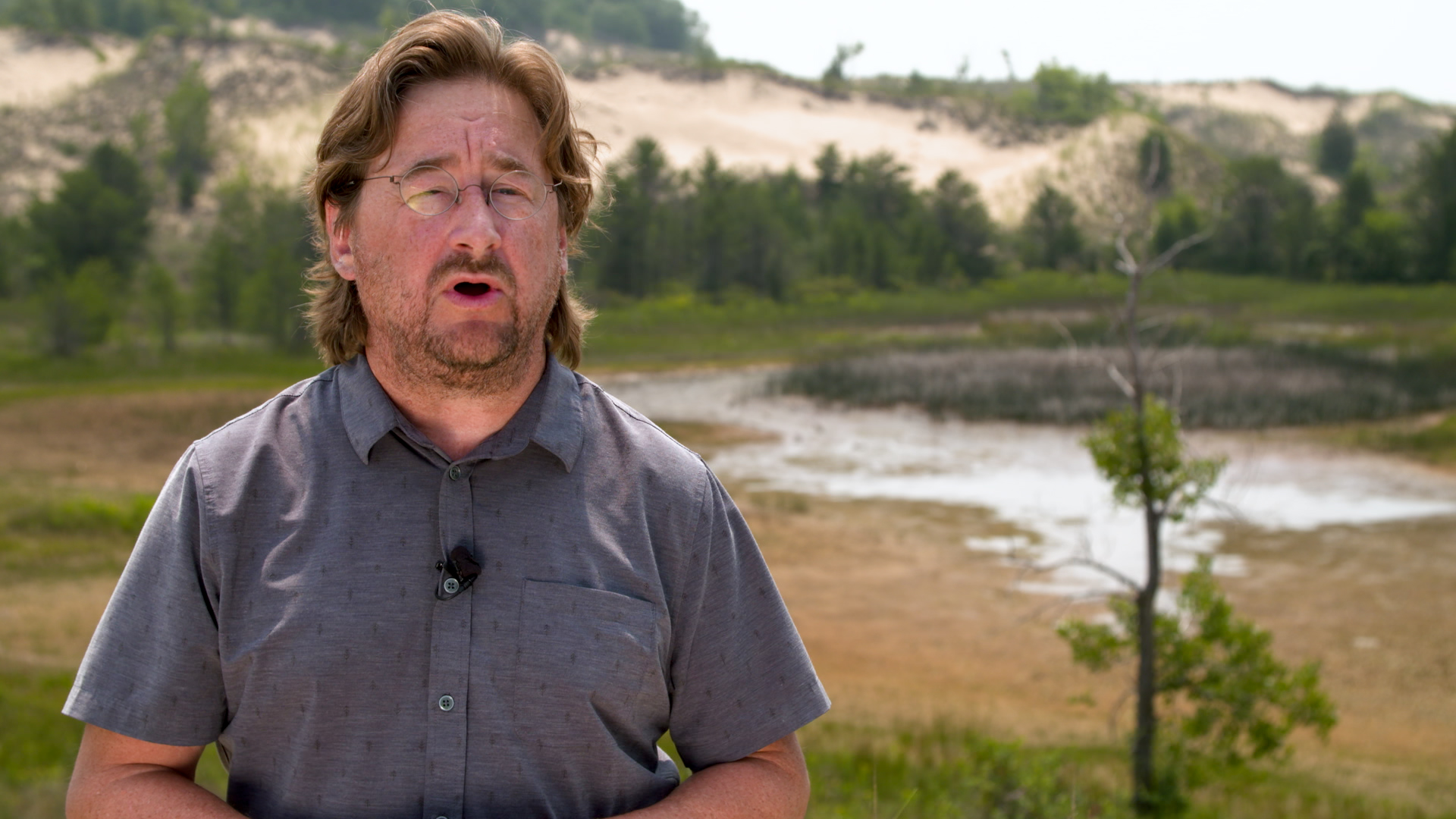
Sierra Club Illinois Chapter director Jack Darin.
Supreme Court Un-Protects Many U.S. Wetlands
SEGMENT 2 | Great Lakes watershed
There is concern about millions of acres of wetlands across America, including the Great Lakes region, following a U.S. Supreme Court decision. The ruling weakens the authority of the EPA to regulate wetlands on private property, and while some farmers and developers support the decision, environmentalists are worried.
Many acres of wetlands across America and the Great Lakes could be in jeopardy following a ruling by the U.S. Supreme Court. The decision came down in May of 2023, and strips the EPA of authority to regulate wetlands on private property. Farmers and land developers say the decision provides clarity, but environmentalists like the Director of the Illinois Sierra Club Jack Darin says it’s bad news. “For over 50 years, we’ve counted on the Federal Clean Water Act to protect these places for our communities and now all of a sudden, the Supreme Court has blown a hole in those protections.”
In a closely watched case called Sackett v. Environmental Protection Agency, the court ruled in favor of the Sacketts. In 2007, Michael and Chantell Sackett began developing a parcel of land to build a house near Priest Lake in Idaho. But, the EPA halted the project, alleging the property was a protected wetland under the Clean Water Act, which prompted the Sacketts to sue. The Clean Water Act only protects “waters of the United States,” and the Sacketts said their land wasn’t a protected wetland, pointing to dry land between their property and Priest Lake.
In a 5 to 4 ruling, The Supreme Court said that, to count as “a water of the United States,” a wetland must have a “a continuous surface connection” to a navigable body of water. If it doesn’t, federal Clean Water Act protections do not apply. While the Sackett ruling only applies to wetlands on private property, wetlands located on public property such as state and national parks are still protected.
Builders and farmers generally support the ruling, saying it will prevent the EPA from encroaching on property rights. Brian Turmail, of the Associated General Contractors of America says his organization welcomes the ruling because it provides clarity. And while the new definition may be clear, environmentalists say it isn’t logical.
Here is other Great Lakes Now work on wetlands :
What are wetlands for, anyway?
What does the Supreme Court’s wetland ruling mean for Michigan?
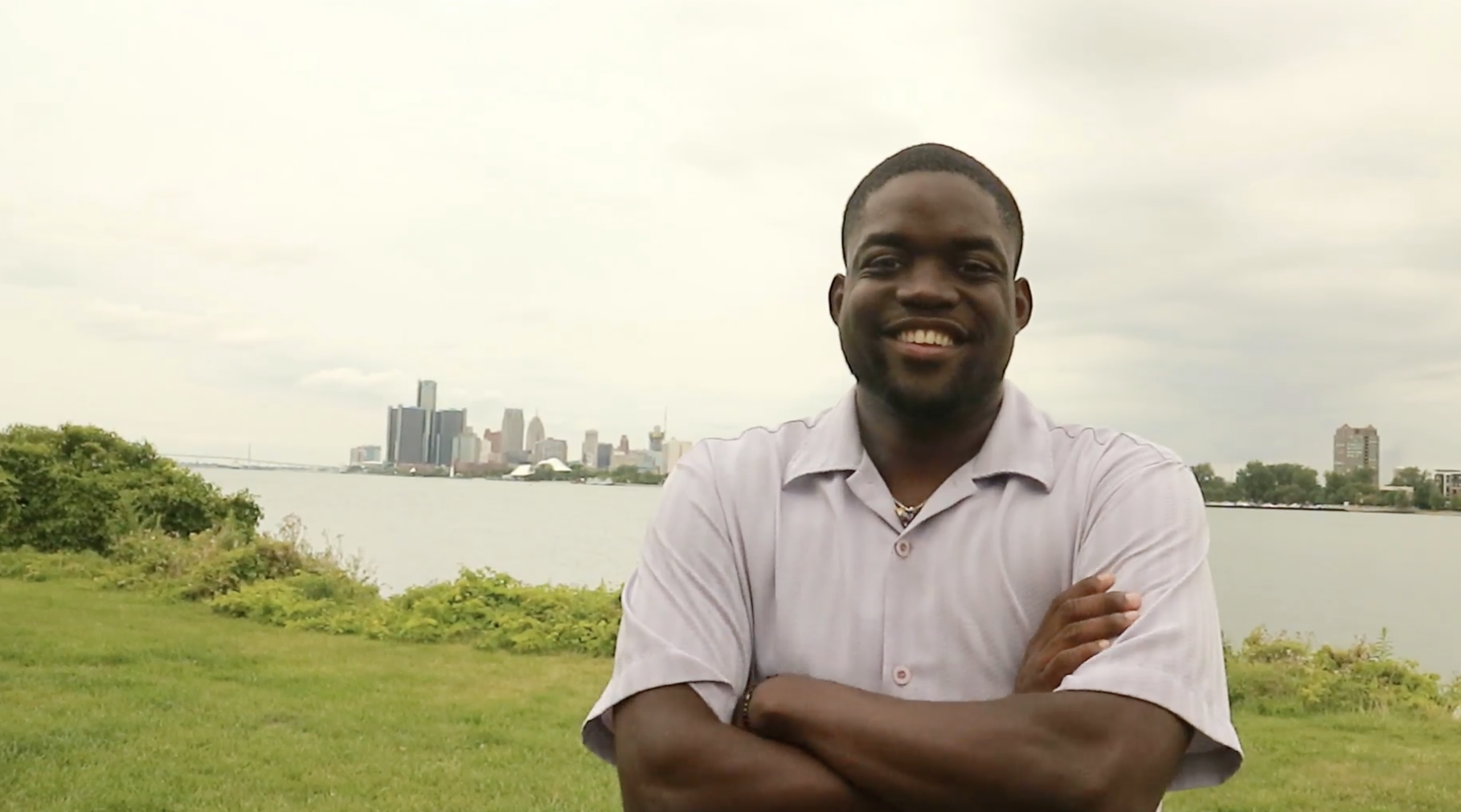
Community organizer Justin Onwenu.
The Catch: News about the Lakes You Love
SEGMENT 3 | Great lakes watershed
This segment – The Catch – in our award-winning PBS program will keep you in the know. This month, learn about a Great Lakes-centric film festival, a new report looks at how climate change is impacting the infrastructure in Michigan and an excerpt from our new environmental justice series, “Waves of Change,” featuring community organizer Justin Onwenu.
First, a story about the Fresh Coast Film Festival, which takes place in Marquette, Michigan, October 19-22, 2023. Co-founder Aaron Peterson says he came up with the idea for the festival after attending similar events in other parts of the country. The event will include screenings of more than 80 environmental and outdoor-focused films at venues throughout Marquette. As the festival has evolved over the years, the perspectives and topics included within the films have diversified.
Next, the Citizens’ Research Council of Michigan recently published a comprehensive report titled, “Michigan’s Path to a Prosperous Future,” detailing a data-based assessment of where the state stands in terms of infrastructure, climate and the environment. Eric Paul Dennis, an engineer and policy analyst with the Citizens’ Research Council of Michigan, was the lead author of the portion of the report focusing on the environment.
Lastly, an excerpt from GLN’s new web series, “Waves of Change,” which highlights conversations with a variety of people engaged in environmental justice throughout the Great Lakes. This month, Detroit community organizer Justin Onwenu discusses his work to build awareness and community-based policy proposals to protect the water and air quality for people living in and around Detroit.
Featured Articles
Digital Credits
The Great Lakes Now Series is produced by Rob Green and Anna Sysling.


